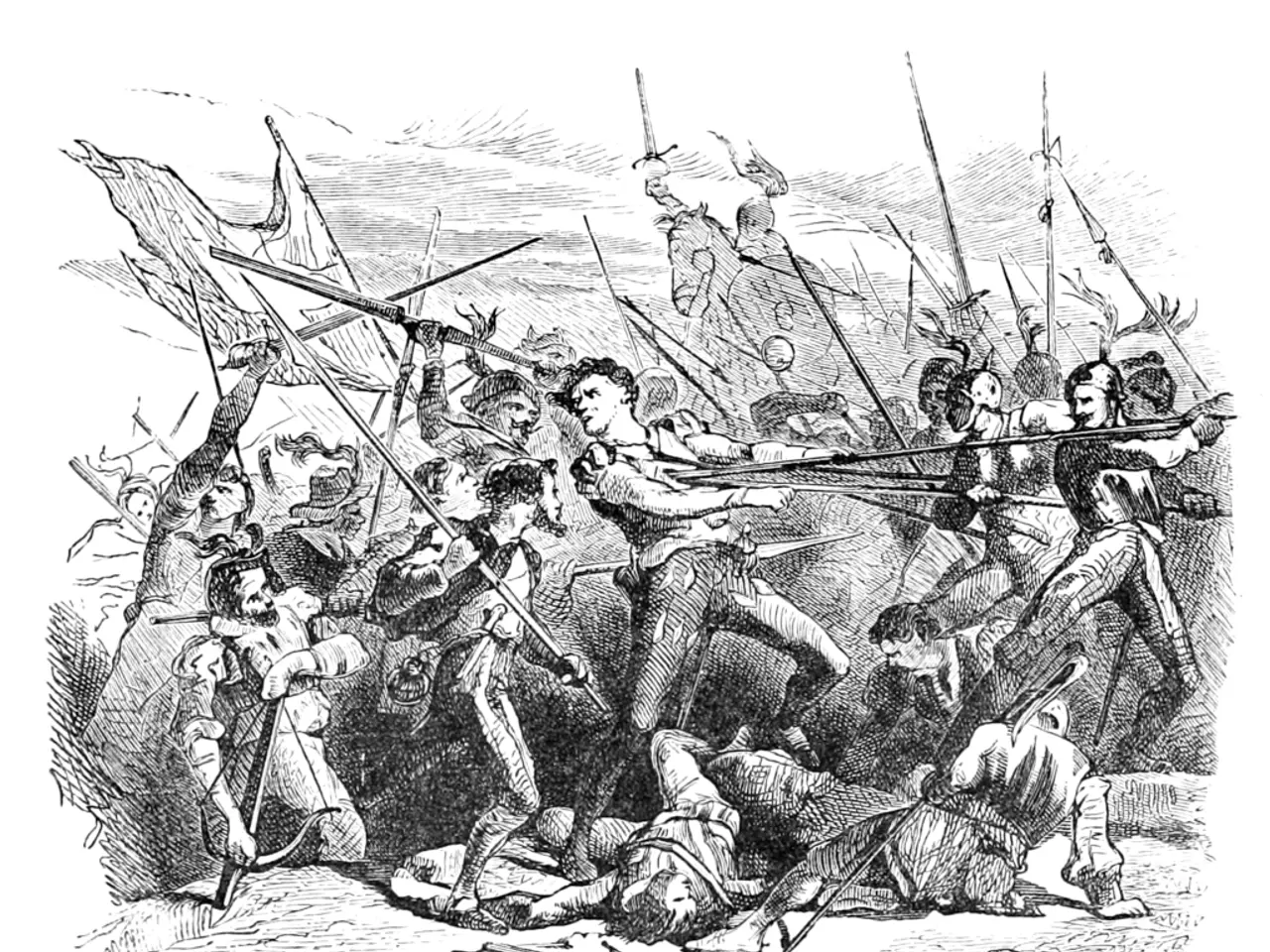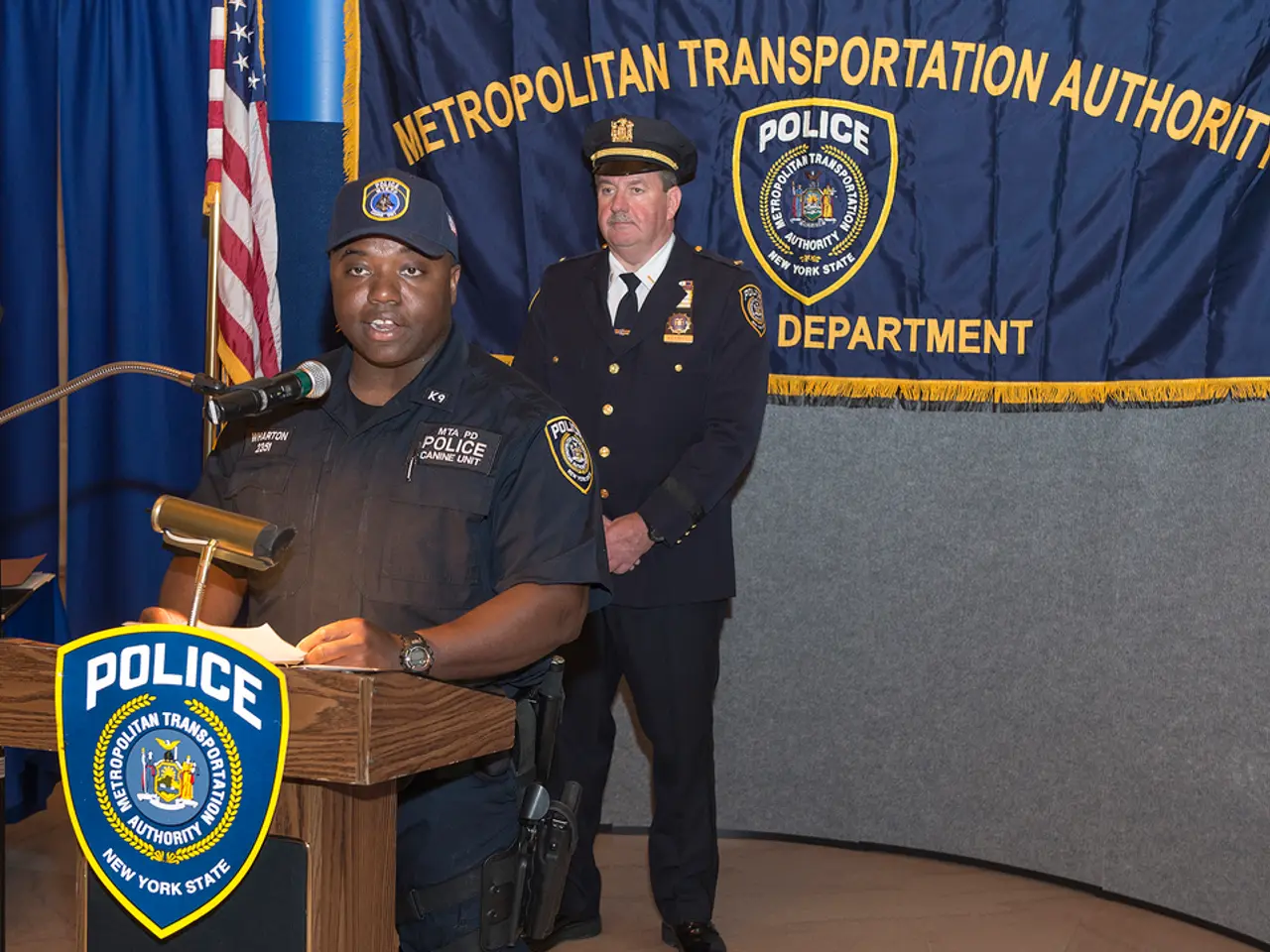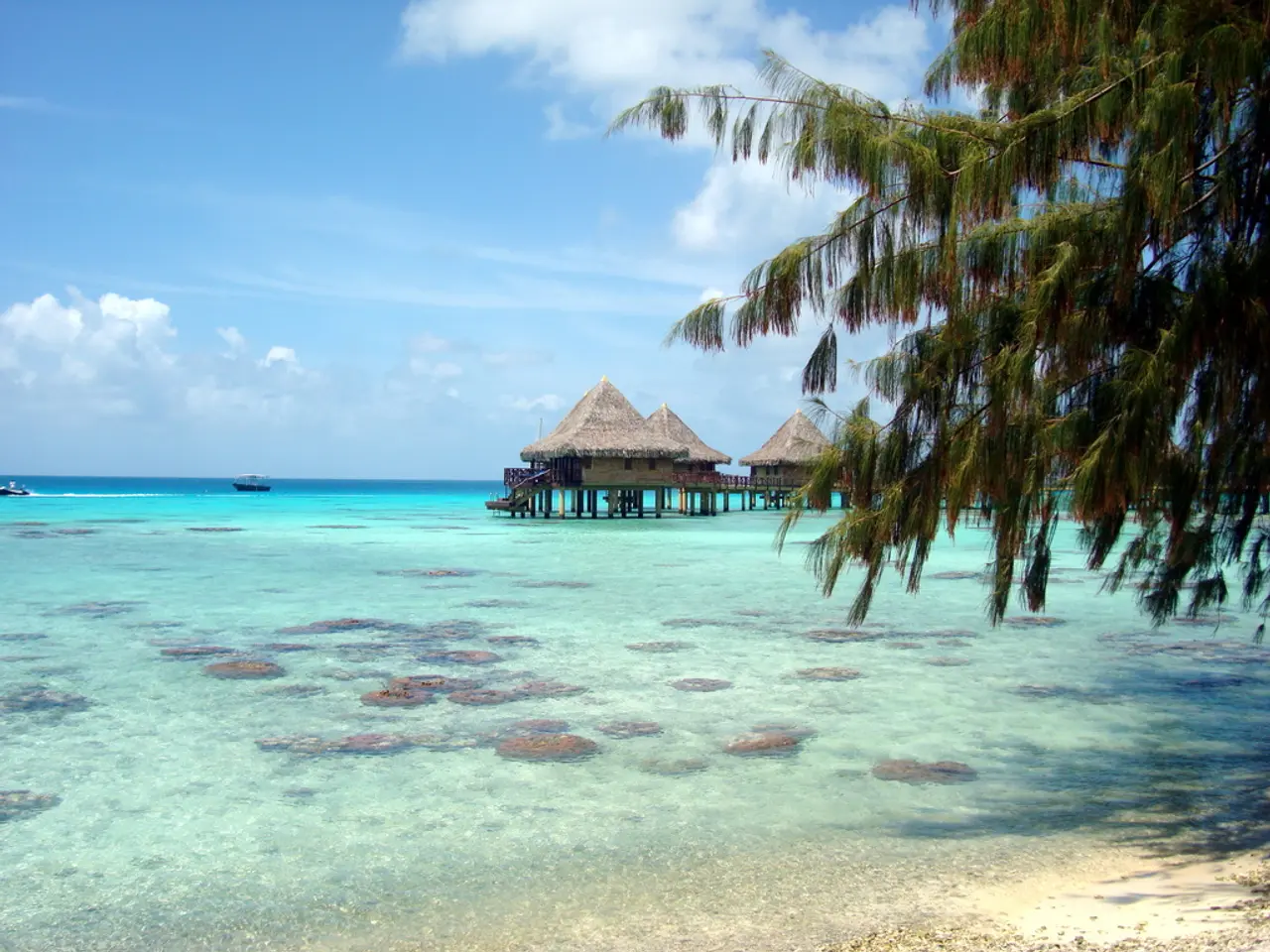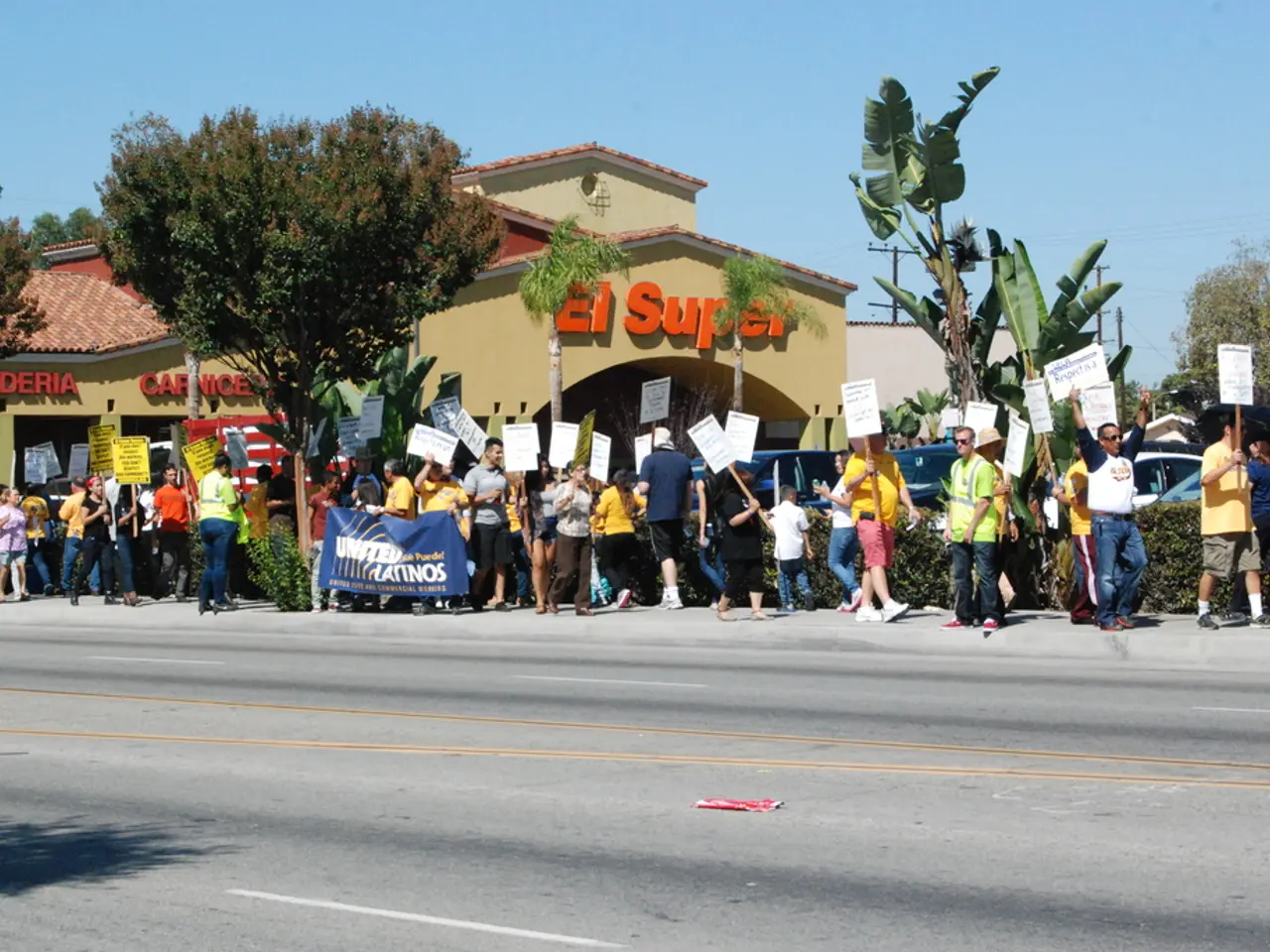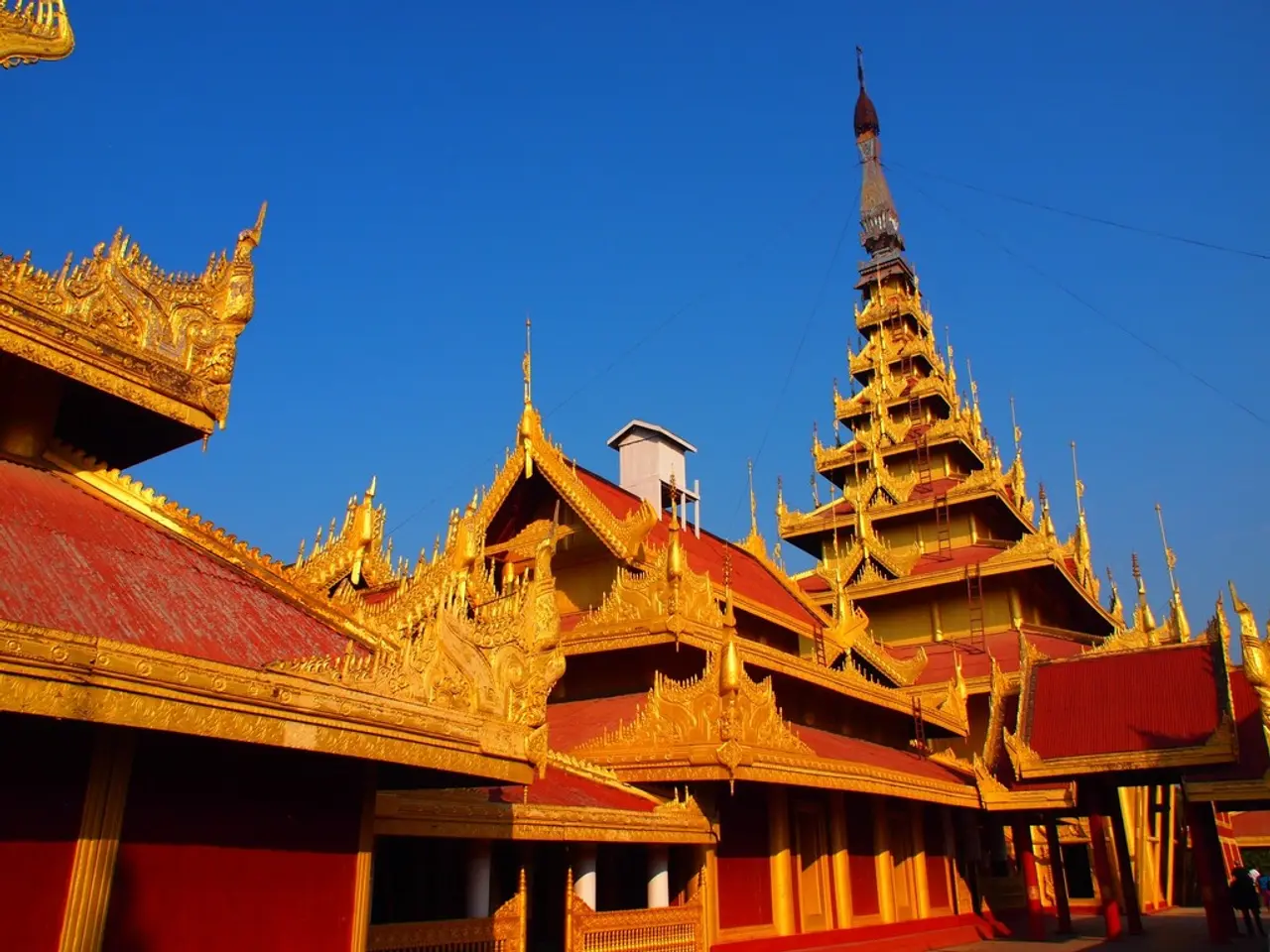In Gopalganj, Bangladesh, four casualties were reported after a violent confrontation erupted between supporters of the NCP and the Awami League, leading to the imposition of curfew.
## Violent Clashes in Gopalganj, Bangladesh: An Overview
The town of Gopalganj in Bangladesh was the site of intense clashes between supporters of the National Citizen Party (NCP) and backers of the banned Awami League (AL) party. The violence erupted following a rally organized by the NCP to commemorate the anniversary of the uprising that led to the ousting of former Prime Minister Sheikh Hasina.
The clashes, which took place on July 17, resulted in at least four fatalities and numerous injuries. Reports indicate that the violence involved assaults on police and the setting of government vehicles on fire.
The NCP, a student-led political faction, organized the rally in Gopalganj's Poura Park. However, their efforts were met with opposition from AL supporters, who view Gopalganj as a stronghold. In response to the government's recent ban on all political activities of the Awami League, AL supporters defied the ban and participated in the clashes.
The violent confrontations led to a strict 22-hour curfew being imposed in Gopalganj, with military, paramilitary, and riot police deployed to maintain order. The current government, led by Nobel laureate Muhammad Yunus, strongly condemned the attack, describing it as "utterly indefensible" and assuring that those responsible would be punished.
The attack forced police officers to retreat temporarily. However, NCP leaders, including Convener Nahid Islam and Member Secretary Akhtar Hossain, later arrived and helped push back the attackers with police support.
Other political parties, including the Bangladesh Nationalist Party (BNP) and Jamaat-e-Islami, also condemned the violence. The NCP plans to go ahead with its rally in Faridpur today, despite the attack.
In a separate incident in Dhaka, the same day, at least four people were killed and dozens injured in clashes between law enforcement and AL supporters. Eyewitnesses claimed that police opened fire on demonstrators in some areas.
The ongoing HSC, Alim, and HSC (Vocational) exams in Gopalganj were postponed due to the unrest. The government imposed a curfew from 8:00 pm on July 17 to 6:00 pm on July 18 to control the situation. The Daily Star, a local newspaper, reported on the incidents.
The clashes in Gopalganj underscore the ongoing political tensions in Bangladesh, with the NCP and Awami League continuing to be key players in the country's political landscape.
- The ongoing political tensions in Bangladesh, as evidenced by the recent clashes in Gopalganj, provide a general news topic for public discussion, offering different opinions on the role of student-led political factions like the NCP and banned parties such as the Awami League in shaping the country's future.
- The clashes in Gopalganj not only involve war-and-conflicts but also crime-and-justice, as eyewitnesses claim that police opened fire on demonstrators, raising questions about the use of force in maintaining law and order during political activities.
- In the midst of these violent clashes, education is still at a standstill, with the ongoing HSC, Alim, and HSC (Vocational) exams in Gopalganj being postponed due to the unrest, which underscores the impact of political instability on the nation's education system.
